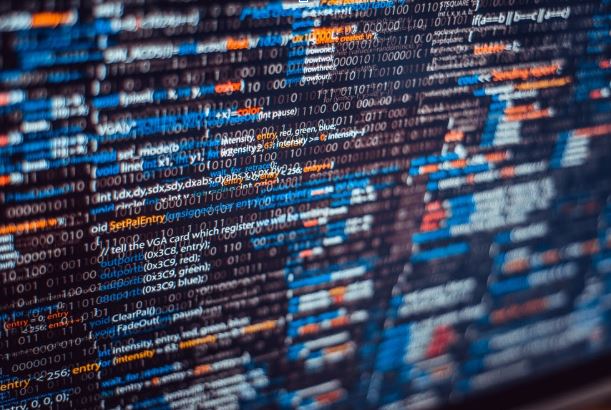
Mistakes are inevitable, and they help us become better and improve our skills. Whether you learn languages or programming, the rule is the same. However, we could all use a cheat sheet to make sure we avoid the most common mistakes. This allows for easier learning and better grades. Some errors can cost a student several deciding points, and we don’t want you to get into such a situation.
So, there are 7 mistakes that the majority of Python developers make. To be absolutely sure you don’t have any in your work, try Python homework help from AssignmentCore – a team of devoted professionals who help students with doing their Python assignments. Now, to the mistakes.
1: Using Different Versions of Python
As if the language wasn’t confusing enough for a beginner, there are two versions of it. It’s always recommended to learn and practice with the most recent one. However, it’s important to clarify which one you’re taught at college or during an online course.
There are differences in syntax, so the newest version might not work with the older one. You may be correct and sure of your code but it may be wrong as to the rules of the other Python version.
2: Basic Syntax Mistakes
You should always keep an eye on the number of spaces, parentheses, colons, etc., as well as their absence. One extra space may make the whole code not working because Python won’t be able to read it all, only the part before the mistake. As a result, you’ll get an error that might deduct some points from your score.
Nowadays, there is special software that can help you by notifying about such syntax mistakes. It’s very useful when doing homework without teacher control since you can make use of any additional program.
3: The Usage of Class Variables
The class variables in Python follow a set of rules called Method Resolution Order (MRO). It decides the order of method inheritance in case there are several. Sometimes, students confuse class variables, which interferes in the order and can damage the whole process. Make sure you learn the MRO rules and use variables correctly.
4: Raising NotImplemented
Students, beginners, or programmers that usually work with other languages, can confuse NotImplementedError with NotImplemented. The first one is a constant, you can use it when in need of binary operators. If you try to implement it, you’ll get TypeError raised. The first one is usually the one needed – it’s used when you need derived classes to override a method.
5: Using Assert for Security Purposes
A lot of developers tend to use assert to check a condition and test their program. However, it should only be used in tests and never as a security measure in the final result. The thing is, when Python is in optimization mode, it removes all such statements. So, instead of condition testing, you get serious issues with security.
6: Confusing Type and Isinstance
When you want to know the type of an object, it’s better to use type. Its sole purpose is showing the object type, while isinstance involves inheritance and not only dry type definition.
While extra functionality is usually a good thing, in this case, you can make a mistake since isinstance will look for subclasses as well and might validate some errors in your program.
7: Not Leaving Enough Comments
Even if you’re the only person who will see the code, don’t think you can memorize all the peculiarities of it. To make the work with Python easier and more pleasant (and more correct as a result), write comments whenever you need one.
If there’s a thought about a block, an idea you might want to implement later, or anything peculiar about any element of your code, leave a comment about it. You may even forget about your idea or potential mistake, but when checking the code, your comments will help. Take it as a kind of professional self-care.
8: Misusing Letter Case
Python languages are case-sensitive, so using Lives=10 instead of lives-10 can bring different results. In the end, you might get a working program with an unexpected twist. And the cause of the twist will be buried in the code.
Make sure you learn all the variables and use them with the right case. If confused, always check the variable online – there is plenty of information. Make sure, though, you look for dictionaries for your Python language version.
All these mistakes are quite simple yet difficult to avoid. Even professionals sometimes miss a space or add an extra one. With additional software, help from professionals, and lots of attention, you can minimize the number of mistakes made while practicing.
I’m a DevOps/SRE/DevSecOps/Cloud Expert passionate about sharing knowledge and experiences. I am working at Cotocus. I blog tech insights at DevOps School, travel stories at Holiday Landmark, stock market tips at Stocks Mantra, health and fitness guidance at My Medic Plus, product reviews at I reviewed , and SEO strategies at Wizbrand.
Do you want to learn Quantum Computing?
Please find my social handles as below;
Rajesh Kumar Personal Website
Rajesh Kumar at YOUTUBE
Rajesh Kumar at INSTAGRAM
Rajesh Kumar at X
Rajesh Kumar at FACEBOOK
Rajesh Kumar at LINKEDIN
Rajesh Kumar at PINTEREST
Rajesh Kumar at QUORA
Rajesh Kumar at WIZBRAND

